Shop [Previous]
Showing 1–9 of 89 results
-
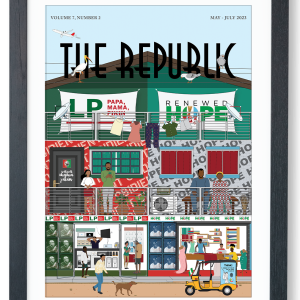
‘Face Me, I Face You’ Print by Onyinye Dke
₦70,000.00 – ₦75,000.00 Select options -
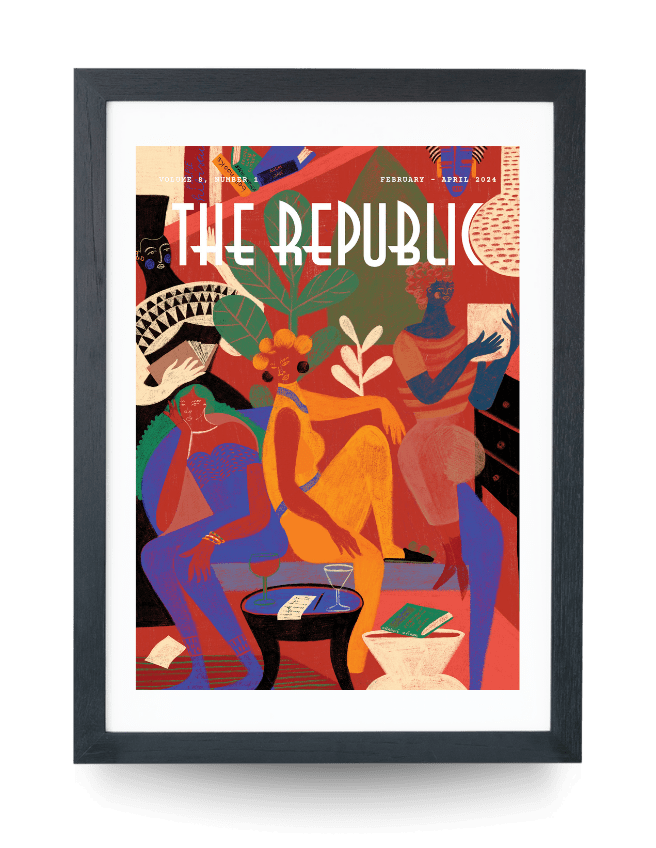
‘Women Are Different’ Print by Diana Ejaita
₦70,000.00 – ₦75,000.00 Select options -
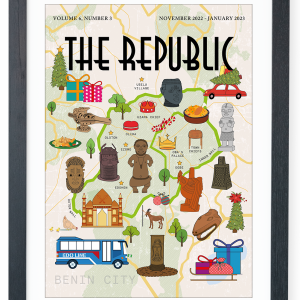
‘(I’ll Be) Home for Christmas’ Print by Onyinye Dike
₦70,000.00 – ₦75,000.00 Select options -
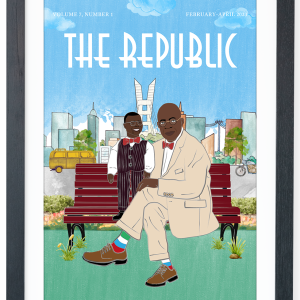
‘A Godfather’s Paradise’ Print by Onyinye Dke
₦70,000.00 – ₦75,000.00 Select options -
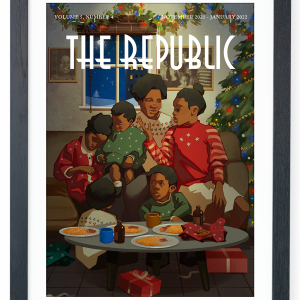
‘A Survivor’s Christmas’ Print Adanna O
₦70,000.00 – ₦75,000.00 Select options -
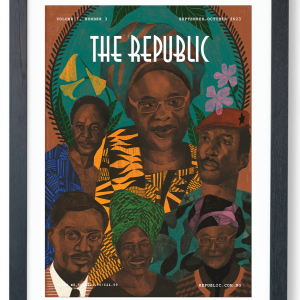
‘After the Ceremonies’ Print by Diana Ejaita
₦70,000.00 – ₦75,000.00 Select options -

‘Chinua Achebe’s Prophetic Vision’ Print Adekunle Adeleke
₦70,000.00 – ₦75,000.00 Select options -
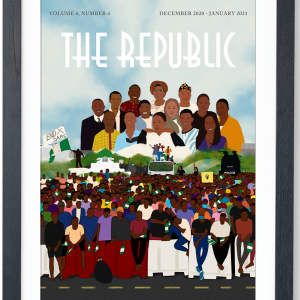
‘Hope’ Print by Ojima Abalaka
₦70,000.00 – ₦75,000.00 Select options -
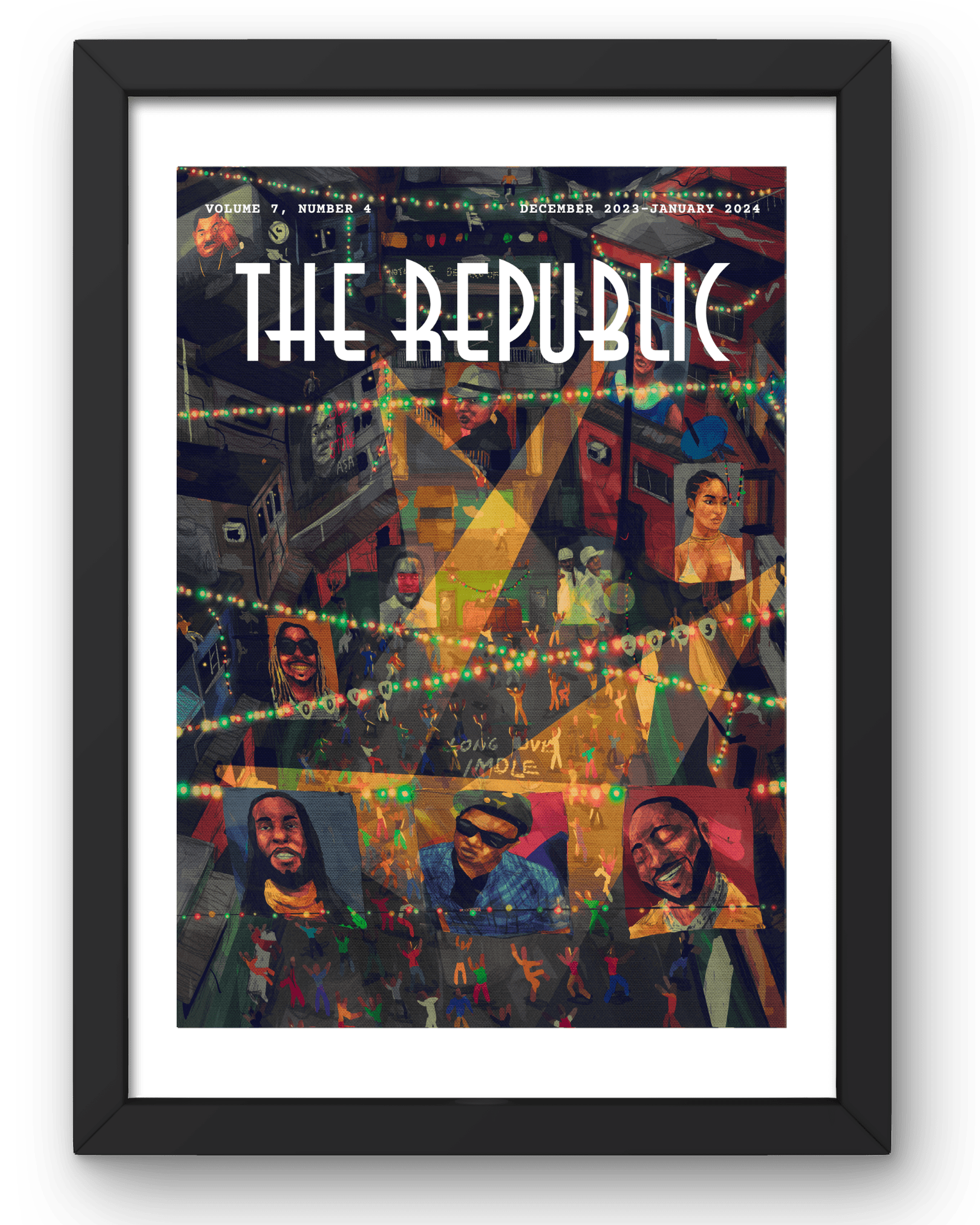
‘Odun, 2023’ Print by Mayowa Alabi
₦70,000.00 – ₦75,000.00 Select options


